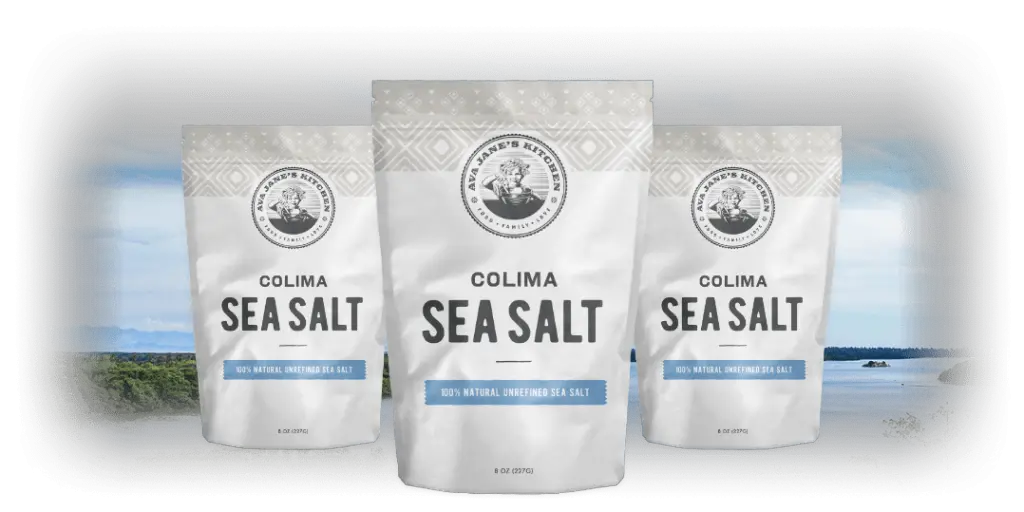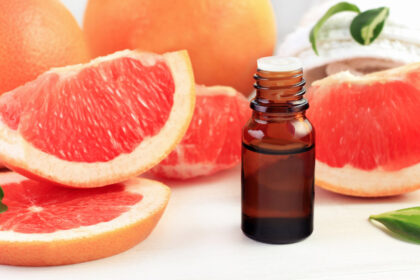Salt is a fundamental part of our daily diet. It enhances the flavor of food, helps preserve it, and plays a crucial role in regulating bodily functions like hydration and nerve activity. But not all salt is created equal, and the salt that most people use today—table salt—is far from the pure, beneficial substance many assume it to be.
In fact, modern table salt can carry hidden health risks that may surprise you.
In this article, we’ll explore why today’s table salt may be unhealthy and offer an alternative solution for those looking to make a healthier choice for both their bodies and the environment.
1. Stripped of Natural Minerals
Most commercially available table salt undergoes a heavy refining process. During this process, the salt is bleached and stripped of any minerals it may have once contained. The result is a product that is almost purely sodium chloride—lacking the natural minerals that are beneficial to your health.
Natural, unrefined salts, such as Himalayan pink salt or Celtic sea salt, retain up to 84 trace minerals, including magnesium, potassium, and calcium—minerals essential for hydration, nerve function, and muscle health.
These minerals help maintain the balance of electrolytes in your body, regulate your blood pressure, and ensure your muscles and nerves function optimally.
In contrast, the lack of these minerals in refined table salt can leave your body with imbalances that may lead to long-term health issues. Choosing unrefined salts ensures that you’re getting the full spectrum of beneficial nutrients your body craves.
2. Presence of Harmful Additives
To make table salt free-flowing and shelf-stable, manufacturers add a variety of chemicals. Common additives include anti-caking agents like sodium aluminosilicate and calcium silicate, which prevent salt from clumping together.
These chemicals are generally considered safe in small amounts, but their long-term health effects are still debated. Some studies have raised concerns about their potential to irritate the digestive system or cause other issues when consumed over long periods.Moreover, many salts, especially iodized salt, contain synthetic iodine.
While iodine is essential for thyroid health, too much can cause thyroid dysfunction and other hormonal imbalances. The excessive iodine in processed table salt may put individuals at risk of thyroid problems, including hyperthyroidism and hypothyroidism.

To minimize your exposure to potentially harmful additives, opt for natural salts that do not contain artificial chemicals or preservatives.
3. Increased Risk of Hypertension and Heart Disease
One of the most well-known risks of consuming too much salt is the increased likelihood of hypertension (high blood pressure). Excessive sodium, found in refined table salt, can cause the body to retain excess fluid, leading to increased blood pressure.
Over time, high blood pressure can put a strain on the heart, leading to an elevated risk of heart disease, stroke, and other cardiovascular problems.Refined salt is absorbed into the bloodstream rapidly, which causes sudden spikes in blood pressure.
The sodium-to-potassium ratio in the diet plays a crucial role in regulating blood pressure, and modern diets are often disproportionately high in sodium while low in potassium.
This imbalance increases the risk of cardiovascular issues and kidney problems.Reducing your consumption of table salt and opting for a more balanced mineral intake with unrefined salts can significantly help lower these health risks.
4. Acidic and Dehydrating Properties
Refined table salt also tends to be more acidic in nature compared to natural salts. This acidity can disrupt the body’s pH balance, leading to chronic inflammation and other health issues over time. Inflammation is associated with a wide range of diseases, including arthritis, heart disease, and even cancer.

In addition to its acidity, refined salt can cause cellular dehydration. Because it lacks the hydrating minerals that are found in natural salts, consuming refined salt can draw water from your cells, leading to a state of dehydration. This is particularly problematic for those who already consume a diet high in processed foods, which are often packed with added salt.
5. Iodine Imbalance and Thyroid Concerns
Iodine is essential for thyroid function, but too much or too little can lead to serious health problems. While iodized salt has helped prevent iodine deficiency in many parts of the world, consuming excessive amounts can overload your body and interfere with thyroid function.
In particular, overconsumption of iodine through refined salt can lead to conditions like hyperthyroidism, which causes the thyroid to produce too much hormone, leading to symptoms such as weight loss, rapid heart rate, and anxiety.Natural sources of iodine, such as seaweed, offer a more balanced, bioavailable form of this essential nutrient.
For most people, including iodine-rich foods in their diet is a safer and more sustainable approach than relying on iodized salt.
6. Microplastic Contamination: A Modern Threat
Perhaps one of the most surprising and alarming dangers of modern table salt is the presence of microplastics. Studies have found that a significant portion of table salt, particularly sea salt, is contaminated with tiny plastic particles—often from plastic pollution in our oceans.
Microplastics, which are particles smaller than 5 millimeters, are widely present in the environment and are even found in the water we drink and the food we consume. The contamination of sea salt is an inevitable consequence of plastic pollution in oceans, and researchers have detected microplastics in over 90% of table salt brands tested.
Ingesting microplastics may not only harm the environment but also pose potential health risks to humans, including endocrine disruption, inflammation, and long-term toxicity. Although the full effects are still being studied, there is growing concern over the impact of these plastic particles on our bodies.
A Healthier Alternative: The Benefits of Unrefined Sea Salt
Amidst the potential dangers posed by refined table salt, there is a natural solution that offers both health benefits and exceptional flavor—unrefined sea salt. For those seeking a pure, mineral-rich alternative to the heavily processed variety, Colima Sea Salt from Ava Jane’s Kitchen stands out as a top choice.
Hand-harvested from the pristine Cuyutlán Lagoon in Colima, Mexico, this sea salt is free from the pollutants and microplastics that contaminate many commercial sea salts.

Unlike its refined counterpart, Colima Sea Salt retains all the trace minerals that help nourish your body, making it a far superior option for your health.Whether you’re enhancing the flavor of your meals or seasoning your favorite dishes, Colima Sea Salt provides the richest, crunchiest, and most satisfying taste without the risk of harmful additives or pollutants.
For a limited time, you can enjoy a free bag of Colima Sea Salt, and as an added bonus, receive 15% off your next purchase. Click here to grab your free bag and enjoy the benefits of this cleaner, healthier salt alternative.
While salt is an essential nutrient, it’s important to recognize that not all salts are created equal. Modern, refined table salt carries hidden dangers, from harmful additives to the risk of microplastic contamination.
By choosing natural, unrefined salts like Colima Sea Salt, you can avoid these risks and enjoy a healthier, more flavorful alternative. Make the switch today for better health and peace of mind.




